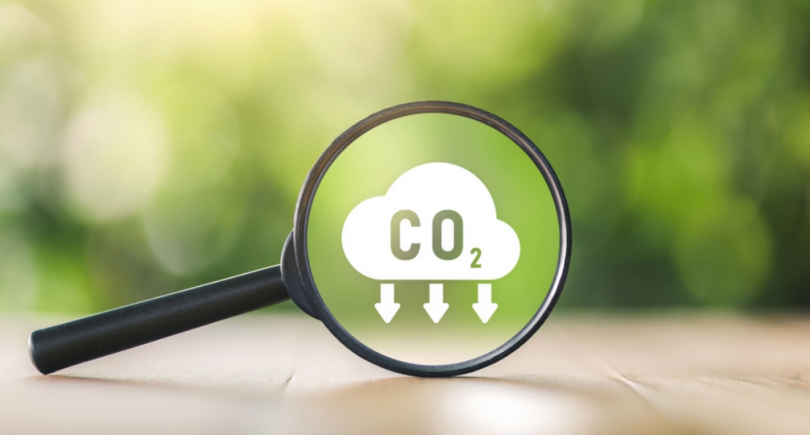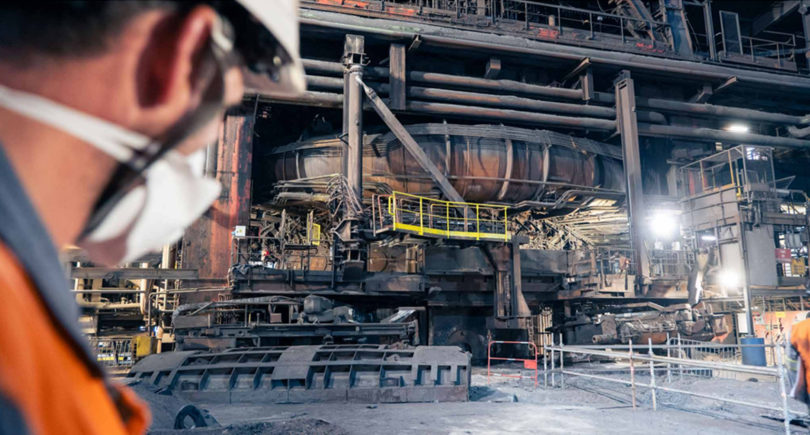
News Companies ArcelorMittal Kryvyi Rih 1210 28 March 2025
The company will also pay 50% of the average monthly salary as a reward for 2024
PJSC ArcelorMittal Kryvyi Rih has announced an average 15% increase in employee salaries effective May 1, 2025. Depending on the level of current salaries and working conditions, the increase will range from 5% to 22%. This was announced by the company’s CEO Mauro Longobardo.
In addition, the company has decided to pay remuneration based on the results of work in 2024 in the amount of 50% of the average monthly salary for the actual time worked. This payment will be made along with the salary for March 2025.
According to the CEO of ArcelorMittal Kryvyi Rih, in 2024 the company operated in the face of economic and energy challenges. High energy tariffs, supply interruptions due to Russian shelling and lower market prices for products have become serious obstacles to operations. Utilization of metallurgical capacities ranged from 25% to 50% of the pre-war level, and the mining department operated at 70% of capacity.
Despite the difficult situation, the company managed to increase production of its main products by 40-70% compared to 2023. Nevertheless, 2024 was the third consecutive loss year for the company. The work continued thanks to the support of the parent company, which has provided financial assistance of more than $1 billion since the beginning of the war.
The salary increase will be differentiated, taking into account the average level of pay in the Ukrainian labor market, working conditions and the principles of fairness in remuneration.
“I hope that peace will come soon and our company will take an active part in the post-war reconstruction of Ukraine,” summarizes Mauro Longobardo.
As GMK Center reported earlier, in 2024, ArcelorMittal Kryvyi Rih increased production of all types of products compared to 2023. Production of iron ore concentrate increased by 71.7% y/y – to 7.82 million tonnes, pig iron by 42.7% y/y – to 2.17 million tonnes, steel by 69.9% y/y – to 1.65 million tonnes, rolled products by 72.1% y/y – to 1.53 million tonnes, and coke by 48.5% y/y – to 1.25 million tonnes.




